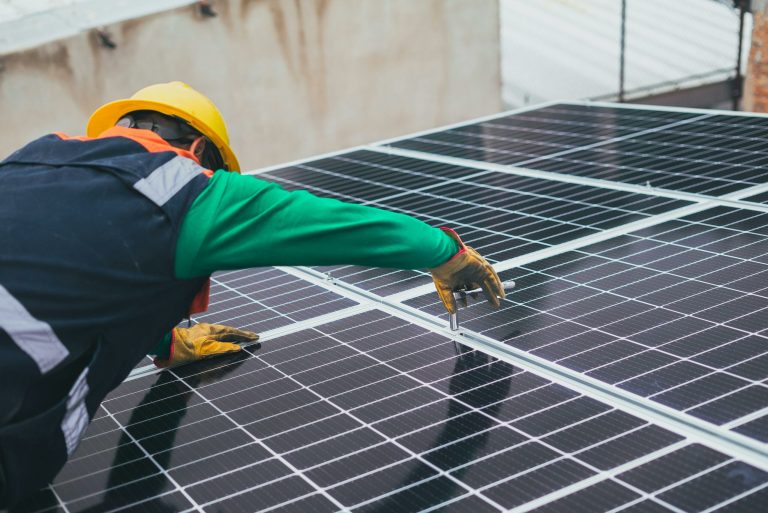A recent study* conducted by energy transition experts Solar Together has revealed that a significant proportion of the UK public still holds misconceptions about solar energy, hindering the country’s transition to a net-zero future. According to the findings, one-third of Brits believe the UK’s climate is too cloudy for solar panels to work effectively, despite analysis showing this is not the case. Two-thirds of respondents agree that the public is not well-informed about at-home renewable energy solutions, and a similar number say they would be more likely to switch to renewables if clearer, more accessible information was available.
In response to this gap in understanding, Solar Together has unveiled the five most widely believed myths about solar energy in the UK, providing key facts to debunk these misconceptions and empower people to consider renewable energy solutions. These myths include:
- The Payback Period for Solar Panels is Too Long – Nearly half of Brits believe it takes more than 15 years for the savings generated by solar panels to cover the initial investment. In reality, the payback period is typically between 6 and 10 years.
- The UK’s Climate is Too Cloudy for Solar Panels – One-third of respondents think the UK’s weather is unsuitable for solar energy. However, solar panels rely on light, not heat, and can generate energy even on cloudy days.
- Solar Panels Don’t Work in Winter – One-third of the population believes solar panels are ineffective in winter. In fact, solar panels perform better in colder temperatures, and they continue to produce energy throughout the winter months, even on overcast days.
- Solar Panel Installation is Complicated – Many people assume that installing solar panels is a complex process. In fact, the installation process has become much easier and more accessible over the years, with professional installation services available to guide homeowners through each step.
- Solar Panels Don’t Save Money on Energy Bills – A fifth of the population believes solar panels don’t help reduce energy costs. On average, UK households with solar panels can save up to £500 annually on their energy bills.
As the UK faces colder months with shorter days and less sunlight, a quarter of Brits say they become more conscious of saving energy during this time (26%), while one-fifth are more focused on environmental concerns (22%). Despite colder winters, solar panels thrive in cooler temperatures, with an optimal efficiency range between 1°C and 20°C. Moreover, installing a battery with solar panels allows users to store excess energy for later use, ensuring continuous power even during overcast days.
The study highlights a broader issue: 62% of Brits agree that there is a lack of public knowledge about at-home renewable energy options. The research also identifies reasons behind this knowledge gap. Many people feel that government messages on renewable energy are too complex (46%), suggesting a need for clearer, simplified communication. Additionally, 44% of respondents say there is insufficient access to straightforward information about solar energy.
Solar Together’s study also pointed out that renewable energy solutions are not often discussed within families, and children are not taught about them in schools. Furthermore, many respondents noted that the media, including TV shows and celebrities, rarely focus on renewable energy issues.
George Frost, UK Country Manager at iChoosr, which runs Solar Together’s group-buying initiatives, commented: “This study underscores the urgent need for clearer, more accessible information on renewable energy. By addressing these misconceptions and simplifying the messaging, we can encourage more people to adopt solar solutions and support the UK’s net-zero targets.”
Since its launch in 2015, Solar Together has worked alongside UK councils to facilitate solar panel installations across the country, with more than 42,500 installations completed. These installations are expected to remove over 680,000 tonnes of carbon emissions over the next 25 years, contributing to a more sustainable future for the UK.


